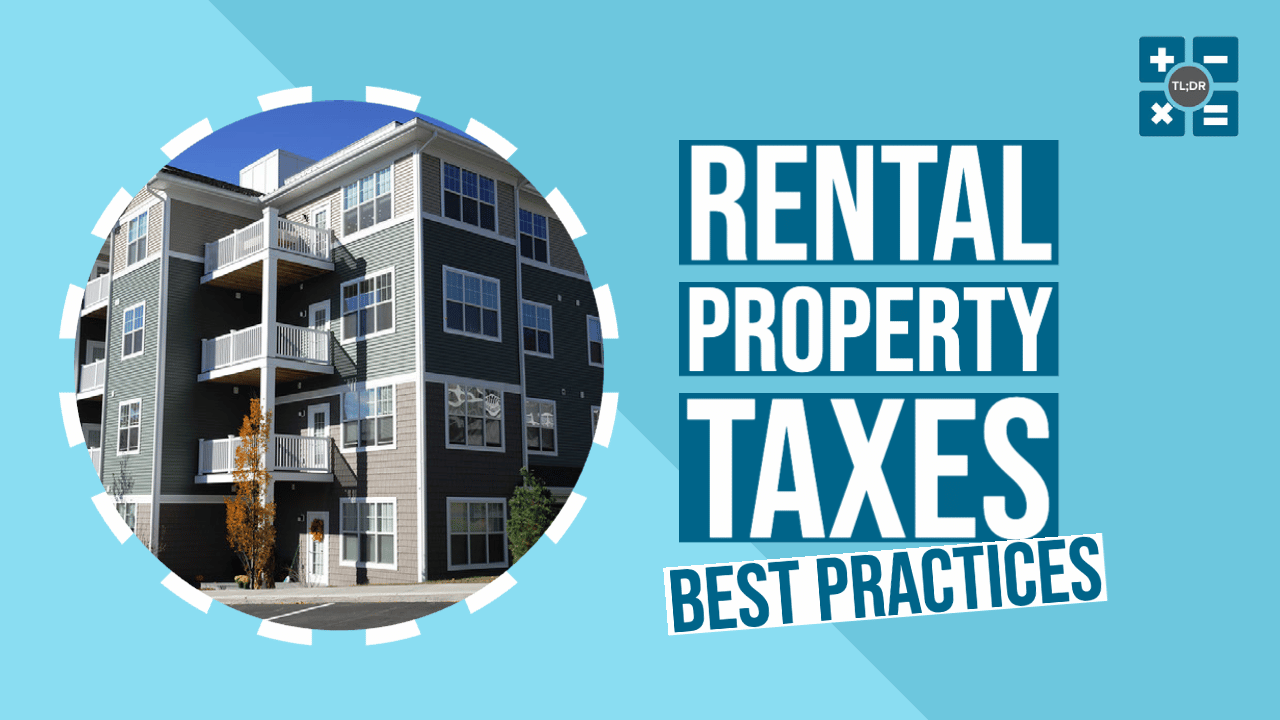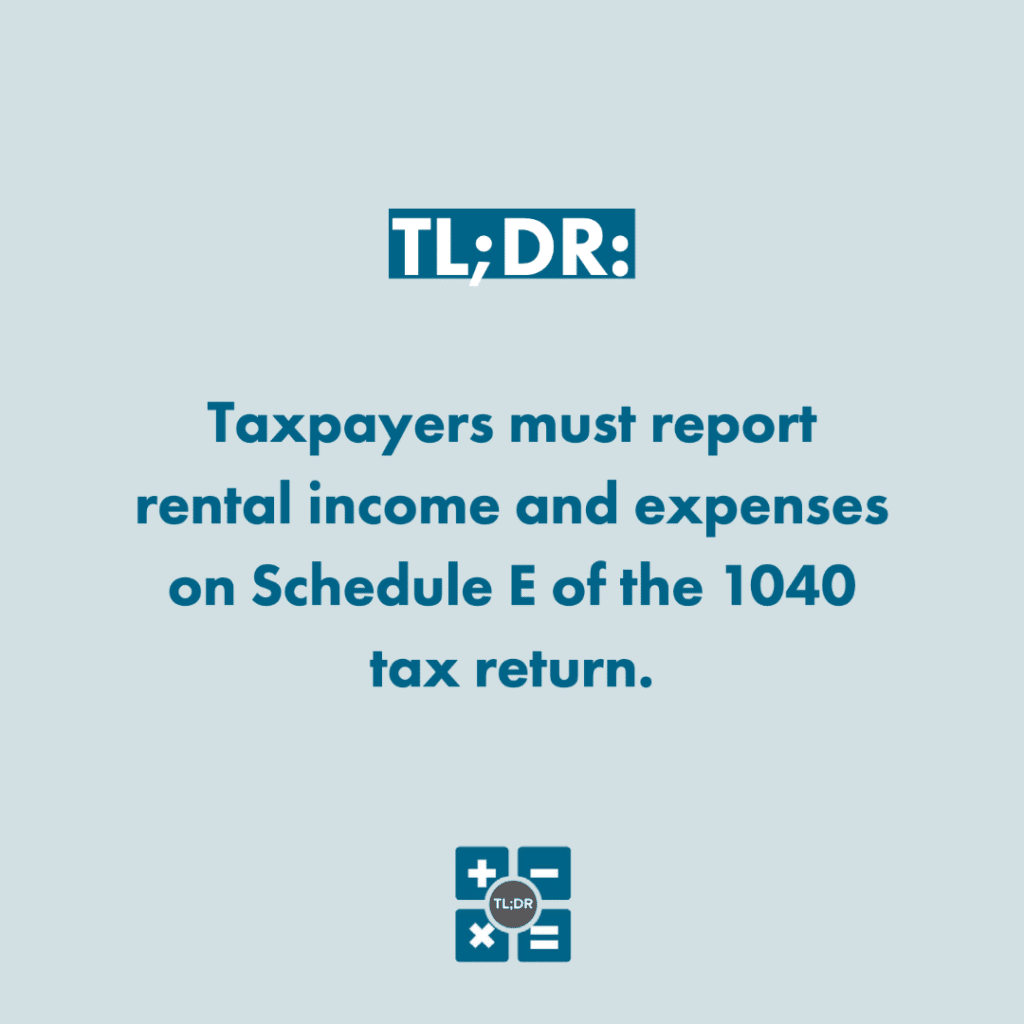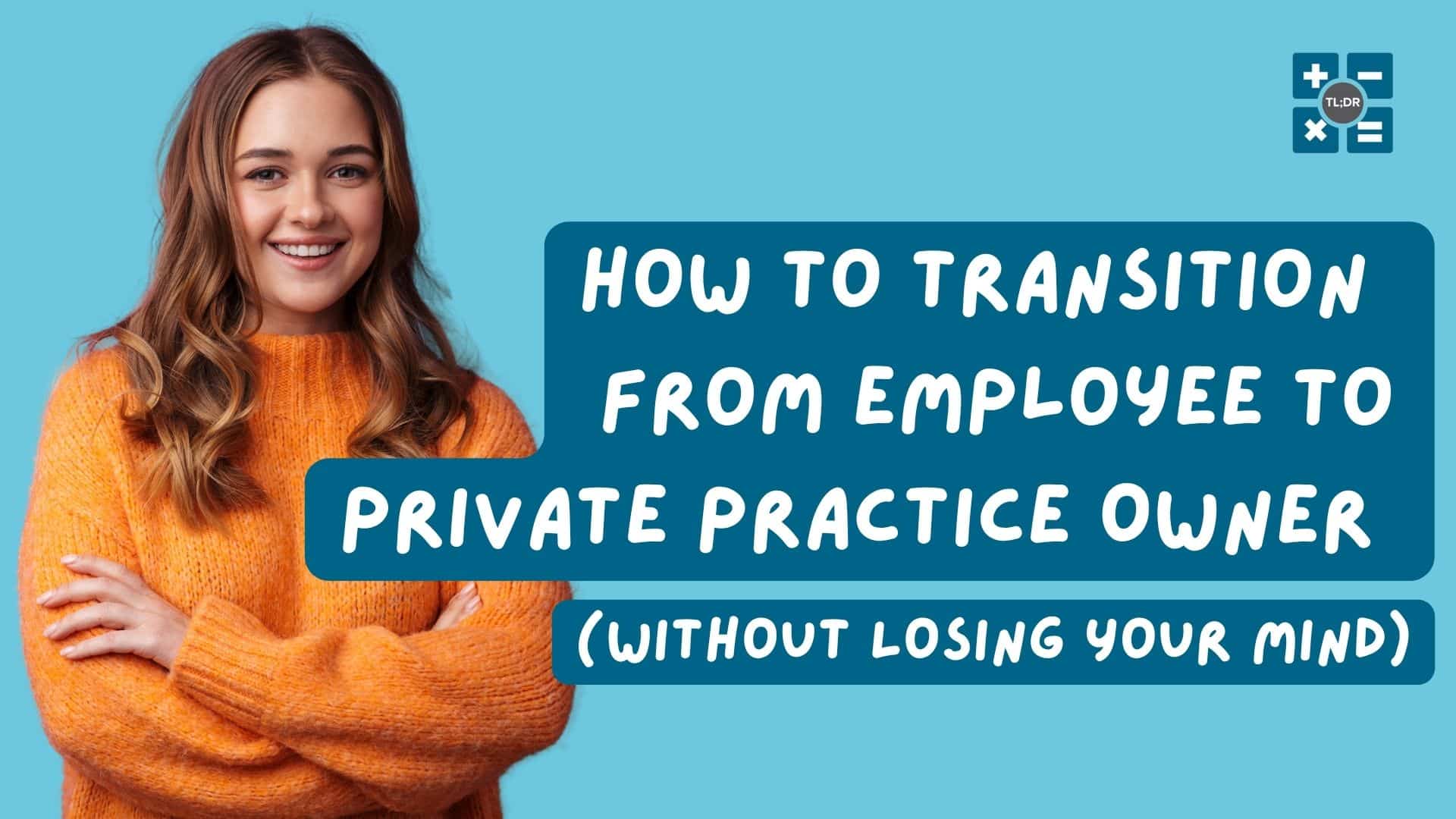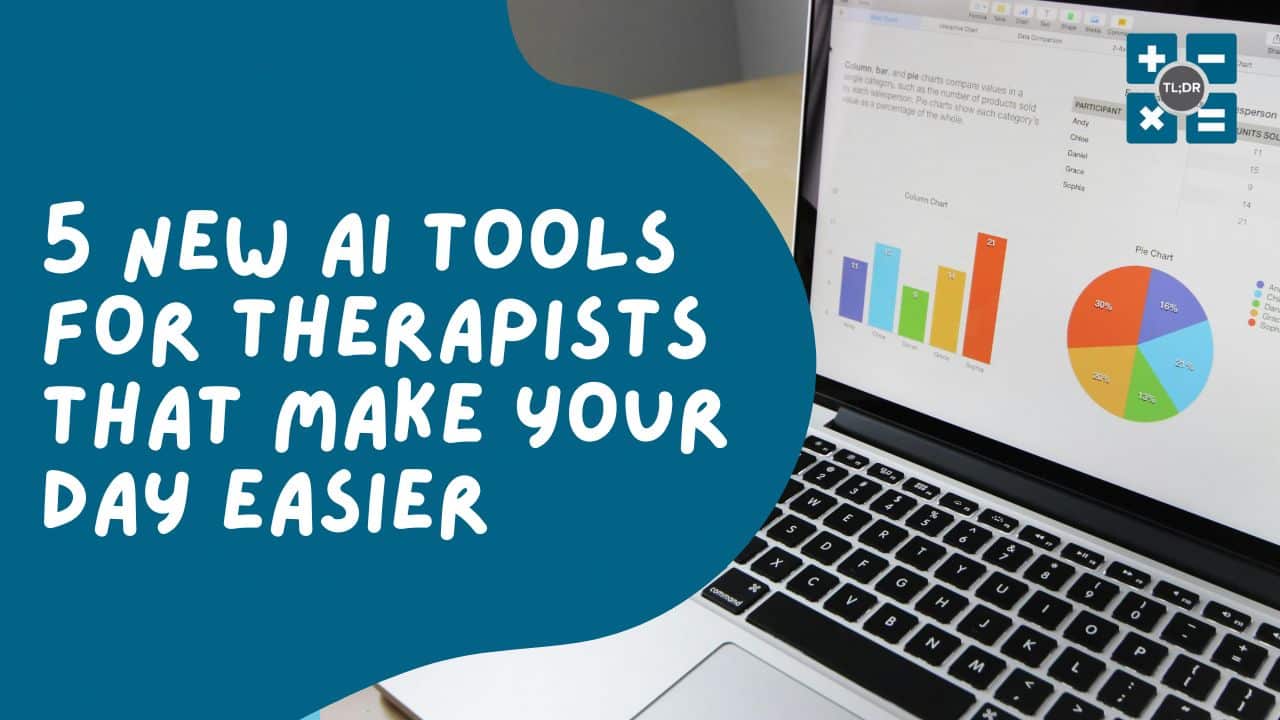Landladies, landlords, and landowners: There are some important things you need to know about owning real estate property and renting it out. Leasing property to tenants can be a decently well-paying income opportunity, especially compared to the amount of time you put into it (after initial set-up, of course). But like any income opportunity, it pays to file rental income and expenses correctly on your taxes.
This article is all about information you need to track, expenses you can deduct on your 1040 tax return, and a bit about how to report rental income and expenses when you file your taxes.
[We’re not going to go into landlord-tenant law, which is outside of our area of expertise and which differs by state. For more information on this, please contact your legal professional of choice.]
Information You Need, and How to Use It
Taxpayers must report rental income and expenses on Schedule E of the 1040 tax return. We’re going to cover the items you’ll need to fill out on Schedule E. Some of these items are informational, and others relate to your rental income and expenses.
- Do you need to file one or more Forms 1099? If you paid a contractor $600 or more by cash or check during the tax year, you probably need to issue and file a 1099 for them.
- If you need to file a 1099 for someone, it’s a good idea to first ask them to fill out a blank Form W-9 and return it to you. This form will have the information you need to file their 1099.
- Fair Rental Days vs. Personal Use Days: The IRS wants a breakdown of how the property was used.
- Fair Rental is every day you rented the property out at “fair rental value.” When the IRS says “fair rental value,” they mean every day you rented the property out at the same price you would charge a stranger (i.e. an “arms-length” transaction).
- Personal Use Days include (per the IRS) when you provide the unit to:
- You for personal purposes;
- Any other person for personal purposes, if that person owns part of the unit (unless rented to that person under a “shared equity” financing agreement);
- Anyone in your family (or in the family of someone else who owns part of the unit), unless the unit is rented at a fair rental price to that person as his or her main home;
- Anyone who pays less than a fair rental price for the unit; or
- Anyone under an agreement that lets you use some other unit.
- Note that days that you live in the unit “working substantially full time” on repairs and maintenance do not count as personal days. There is also an exception if you are unable to rent the property for 12 months after posting it.
- Expenses: In general, expenses that you deduct on Schedule E must be reasonable, ordinary, and necessary for your rental activity.
- For auto expenses, you have the option to use either actual expenses or a standard mileage rate.
- Mortgage Interest and Real Estate taxes (property taxes) that you enter on Schedule E as rental activity expenses cannot also be deducted on Schedule A as itemized deductions. Generally you’re better off with these expenses on Schedule E whether or not you have the option to deduct them on Schedule A.
- Depreciation is tricky to track. We recommend either having a tax specialist calculate your depreciation, or use specialized software for it. To oversimplify, you divide the basis of your home (which is often similar to the purchase price) by 27.5 years to figure this year’s depreciation. This can be a huge deduction!
- If your rental activity has a net loss for the tax year, the IRS may limit the amount of loss you can deduct from your other income on your tax return.
Schedule E Best Practices
Whether you’re paying someone to file your Schedule E or doing it yourself (which we don’t recommend), here are some best practices to ensure that you don’t overlook important details:
- Report all income you received from tenants during the tax year on that year’s taxes, even if you received some of it as prepaid rent.
- Fair Rental Days and Personal Use Days don’t have to add up to 365. If it’s a leap year, the maximum total of days is 366.
- Keep the receipts for all of your rental expenses!
Don’t be one of those taxpayers who is caught off guard when the IRS has questions. Keep good records of your income and expenses. For automobile expenses, it’s incredibly handy to record your vehicle’s odometer reading on the same day each year.
TL;DR: Being a landowner means that you have a whole new section of your 1040 to file every year called Schedule E. It’s important to record all income you received during the tax year, and record and track all expenses (and keep evidence of them!). If you paid contractors by cash or check, you probably have to file a 1099 for them. Be sure to track how many days your property was rented at fair market value, and also how many personal use days you had during the tax year.







